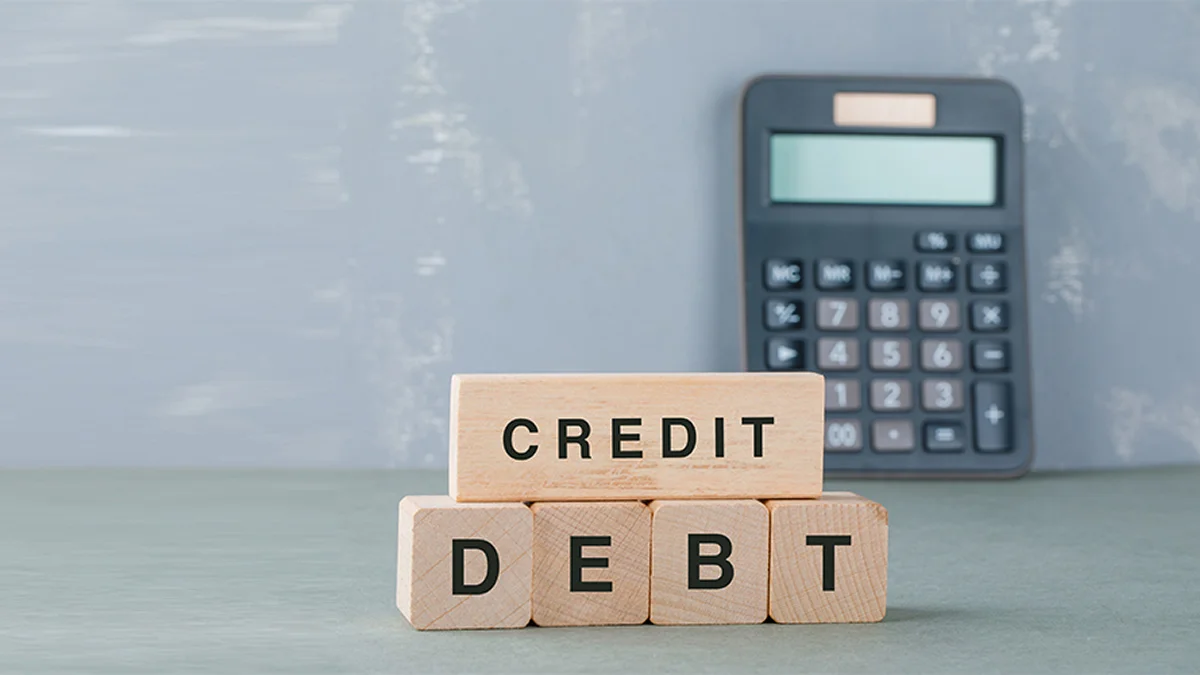Juggling through multiple debts with different interest rates and due dates can be like navigating through a maze blindfolded. But what if there was a way to get out of this tangle and reclaim control of your finances? Enter debt consolidation, a financial plan that brings order to the turmoil, streamlines payments, and puts you on the path to a debt-free future.
By consolidating your debts, you can simplify your financial situation and receive a clear picture of your repayment path. In this article, we'll go through the ins and outs of debt consolidation and discover the situations when it can be a game changer.
What Is Debt Consolidation?

Debt Consolidation refers to the process of taking out another loan to pay off your existing loans. By doing so, you can combine multiple existing debts into one larger loan. Furthermore, debt consolidation frequently provides the benefit of lower interest rates, lowering the overall cost of your loans and reducing your financial burden.
Debt consolidation may result in lower interest rates in some situations, particularly if the new loan has more favourable terms or if the borrower's creditworthiness has improved since the previous loans were incurred. With a Debt Consolidation Loan, you can turn multiple debts into a single loan with a lower interest rate.
How Debt Consolidation Works?
To answer what is debt consolidation, it simply means paying off older loans with a new loan. Many Non-Banking Financial Companies (NBFCs) like Poonawalla Fincorp offer unsecured loans of up to ?30,000 with a repayment tenure that ranges between 12 to 60 months, which you can apply for to consolidate debt.
Taking out a Debt Consolidation Loan leaves you with a single loan and a single monthly payment, often with a lower interest rate. This simplifies your debt management, streamlines your payments, and may even save you money and interest over time if you maintain a good repayment record.
What are the Different Types of Debt Consolidation?
Listed below are the two main types of debts you can consolidate:
Credit Cards
To improve your credit score, it is important to clear any debts on your credit card by making timely payments. This is where debt consolidation can benefit you if you have numerous high-interest credit cards and need help in managing your monthly payments.
High-interest Loans
Besides credit cards, it's worth considering the consolidation of high-interest loans. You can avail yourself of a Personal Loan for Debt Consolidation to simplify your finances and help you pay off your debts faster. Combining them into a single loan can secure better terms, such as a lower interest rate and an extended repayment period.
Benefits of Debt Consolidation
Let’s check out the various benefits of debt consolidation:
Debt Management Simplified
Combining various loans into a single loan simplifies debt management. This makes it easy to keep track of your bills and decreases the likelihood of late payments.
Lower Interest Rates: Debt Consolidation
can frequently result in lower interest rates than the rates on your existing obligations. If you qualify for a consolidation loan with a reduced interest rate, more of your payment goes towards principal reduction rather than interest costs.
Quick Repayment of Debt
Debt consolidation allows you to speed up your repayment and pay off your debts sooner. Choosing a Debt Consolidation Loan puts you on a speedier course to clearing your debt.
Does Debt Consolidation Hurt Your Credit Score?
Debt consolidation does not harm your credit score. It may have a long-term favourable impact on your credit. However, there are several elements to consider that may temporarily affect your credit score during the debt consolidation procedure. Here's how it works:
Hard Inquiry
When you apply for a Debt Consolidation Loan or a credit card, the lender will typically do a hard inquiry on your credit record. This inquiry may have a slight effect on your credit score, but only for a brief period.
Opening a New Credit Account
As part of the debt consolidation process, opening a new credit account may initially lower your credit score. This usually happens due to an impact on the average age of your accounts and the mix of credit kinds in your credit history.
Credit Utilisation Ratio
By lowering your overall credit utilization ratio, debt consolidation can improve your credit score. Paying off multiple loans raises your available credit, which further reduces your utilization ratio and improves your credit score.
Conclusion
Debt consolidation is a strategic tool that can help you simplify your debt management, cut your interest rates, and get you on the way to debt freedom faster. By consolidating numerous loans into a single loan, you gain financial control and manage your finances better.
FAQs
1. Why is debt consolidation helpful?
Debt Consolidation is helpful for several reasons. These may include:
- Simplified finances
- Managing and tracking payments
- Lower interest rate
- Manageable payments with longer repayment tenure
- Becoming debt-free
2. How do I know if I qualify for debt consolidation?
The criteria for qualifying for debt consolidation depends on the lenders. They mainly consider your income, credit score, age, debt-to-income ratio, and overall financial stability.
3. Can I still use my credit card after debt consolidation?
Yes, following debt consolidation, you can continue to use your credit card. However, it is critical to manage your finances wisely. Debt consolidation is intended to assist you in repaying existing obligations. Thus, it is best to avoid acquiring additional debt on your credit card while focusing on repaying the consolidated loan.
We take utmost care to provide information based on internal data and reliable sources. However, this article and associated web pages provide generic information for reference purposes only. Readers must make an informed decision by reviewing the products offered and the terms and conditions. Loan disbursal is at the sole discretion of Poonawalla Fincorp.
*Terms and Conditions apply